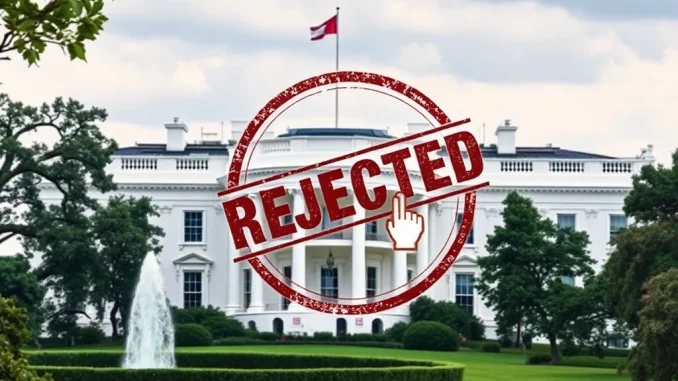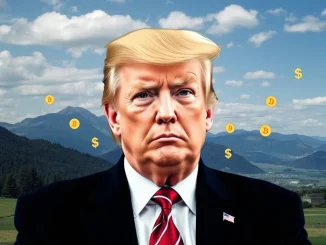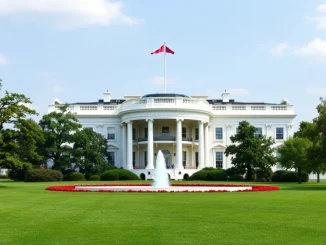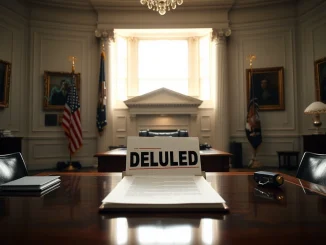
A significant development has emerged concerning the future of US crypto regulation. The White House has signaled its intention to reject a specific provision within the proposed CLARITY Act, a key piece of legislation aimed at establishing a market structure for cryptocurrencies in the United States. This decision directly impacts discussions around preventing crypto conflict of interest among senior political figures.
Understanding the CLARITY Act and the Conflict Provision
The CLARITY Act is a bipartisan effort in the House of Representatives designed to bring regulatory clarity to the crypto market. It seeks to define roles for different regulatory bodies and provide a framework for crypto businesses to operate within. However, recent discussions added a layer of complexity: a provision specifically targeting conflicts of interest.
- The provision aimed to establish guardrails preventing senior political figures from improperly benefiting from crypto-related activities.
- Sources indicate these concerns were heightened by past situations involving figures like former President Donald Trump.
- The goal was to ensure transparency and prevent potential ethical breaches related to personal crypto holdings or business affiliations while in office.
The Political Divide: Trump Crypto and Ethical Concerns
The push to include conflict-of-interest guardrails was largely driven by Democrats. They expressed concerns about potential profiteering from cryptocurrency by senior political figures, particularly referencing the tenure of President Donald Trump and related Trump crypto activities or affiliations that could raise ethical questions.
While the source doesn’t detail the specific concerns, the focus was on ensuring that those in power do not use their position to gain an unfair advantage or influence policy in a way that benefits their personal crypto interests or those of their close associates. Republicans and Democrats were reportedly in talks to find common ground on these guardrails before the White House weighed in.
The White House Crypto Stance and Implications
According to reports citing sources familiar with the matter, the White House crypto position is clear: it intends to reject the inclusion of these specific conflict-of-interest guardrails in the CLARITY Act. The precise reasons for this rejection have not been publicly detailed in the source material, but the decision has immediate implications for the legislative process.
What does this mean for the future of US crypto regulation?
- The rejection could complicate the passage of the CLARITY Act, potentially removing a point of bipartisan negotiation.
- It signals the administration’s current stance on how ethical considerations related to crypto holdings should be handled within regulatory frameworks.
- Future legislative efforts may need to address these conflict-of-interest concerns through alternative means or separate legislation.
This decision highlights the ongoing challenges in crafting comprehensive US crypto regulation that balances market innovation with ethical considerations and political realities.
Summary: A Setback for Conflict Guardrails
In conclusion, the White House’s decision to reject conflict-of-interest guardrails in the CLARITY Act marks a significant moment in the debate over US crypto regulation. While the CLARITY Act aims to provide much-needed market structure, the administration’s stance means that specific provisions targeting potential crypto conflict of interest among figures like those involved in Trump crypto discussions will not be included in this bill, at least not with the White House’s support. This development underscores the complex political landscape surrounding cryptocurrency legislation in the United States.



